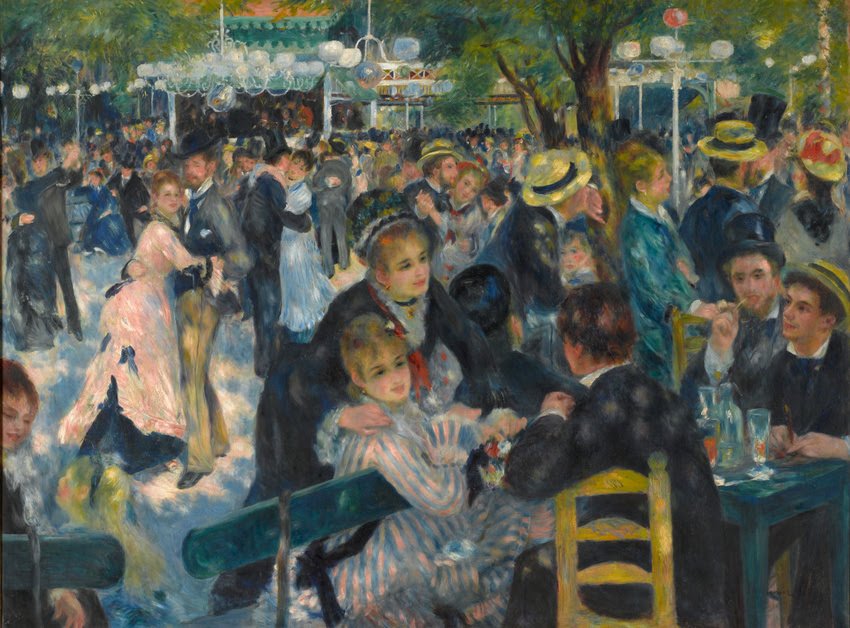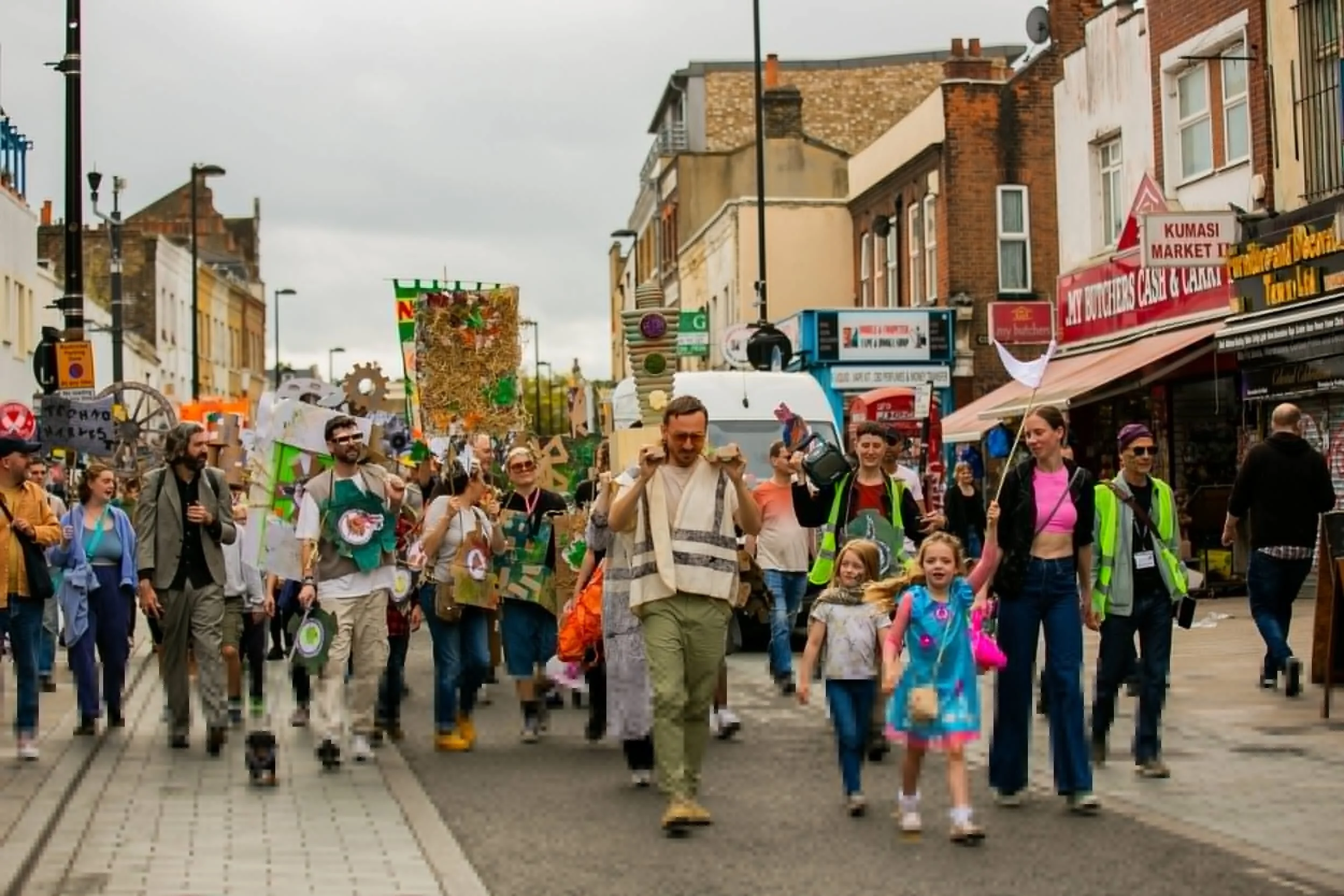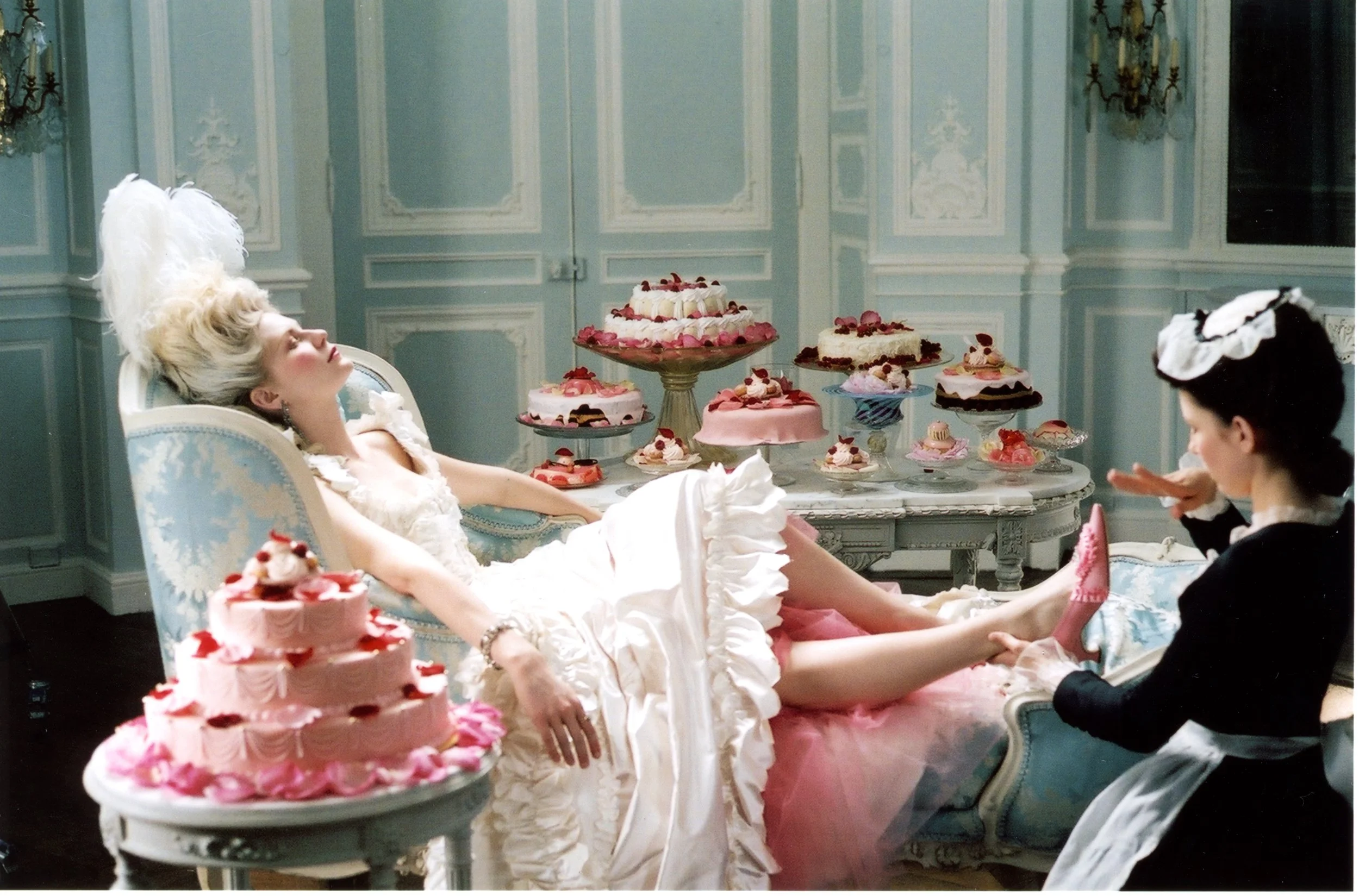Flock, Soho Theatre review
Right now, there are over 100,000 children living in care in the UK – a record high. Increasing demand for foster homes is putting unprecedented pressure on the system, meaning almost 40% of siblings in care are separated.
This is the backdrop to Lin Coghlan’s Flock, the powerful and tragic story of siblings Robbie and Cel navigating the care system, their changing relationship, and the trials of early adulthood. Robbie is 17 and desperate to get his ‘bidding number’ so he can apply for council housing and live independently, longing for a world where he and Cel can be a family again. At the same time, Cel longs for a life beyond the town where they’ve grown up; working three jobs she spends her evenings studying for A-Levels at the local college and dreams of being offered a place at university.

Flock. Image by Lucy Hayes.
Coghlan’s script is based on over three years of research as part of the Raising the Roof engagement programme, working alongside young people in the care system to develop stories based on their experiences. Whilst not verbatim the authenticity is obvious in Coghlan’s writing – Raising the Roof participants attended rehearsed readings and shared feedback on the script – and her dialogue and characters are engaging and believable, without over-romanticising or stereotyping their experiences.
Jamie Ankrah captures Robbie’s emotional turbulence perfectly: not yet an adult but no longer a child, he is stuck between two worlds that don’t accept him. He is equal parts frustrating and pitiable, lashing out at his sister and social worker Mrs Bosely (Jennifer Daley) despite the affection he clearly feels for them both. It takes a little while to warm to Gabriella Leonardi’s Cel, but she seems to relax into the role as we learn more about her life and aspirations, and it is her heartbreaking storyline that ultimately hits home.

Flock. Image by Lucy Hayes.
Jim Pope’s direction makes use of the small, sparse stage and Sandra Falase’s set design embodies the forced resourcefulness of the young characters – shopping trolleys become cars, wooden blocks are train carriages, and an old tarpaulin is the local canal where they go fishing for change. This fluidity mirrors the play’s narrative, which weaves cleverly through time between flashbacks to Robbie’s and Cel’s childhood, their present-day frustrations and dreams for the future.
At just over an hour the play is short and offers the audience only a brief window into the lives and struggles of the characters. A sudden tragedy means the ending feels somewhat abrupt, interrupting any space for reflection that the open-ended narrative might otherwise have left. Nonetheless, Flock gives a voice to young people that often don’t have one, and highlights the struggles that those in the care system experience into adolescence and beyond.
‘Flock’ is playing Upstairs at The Soho Theatre, Dean Street, until Saturday 2 November. Find out more and buy tickets here.
Review by Ellen Hodgetts
With the summer holidays underway, there are plenty of brilliant things to do with kids across London. Here’s our guide to seven great activities to do with kids in London this summer…
For our August guide, we’re highlighting some of the exhibitions opening in London this month, as well as the many excellent shows coming to a close…
Kew Gardens has announced the upcoming launch of the Carbon Garden, a groundbreaking permanent installation opening in July 2025. Located within London’s iconic UNESCO World Heritage Site…
Following the success of its landmark tenth anniversary, Photo London is poised to embark on a transformative new chapter in 2026 by relocating to the historic National Hall at Olympia, Kensington. ..
In autumn 2026, the National Gallery will open Renoir and Love, a landmark exhibition exploring the romantic and social dimensions of Pierre-Auguste Renoir’s art. With over 50 masterworks on display, this will be the most significant UK exhibition of the French Impressionist’s work in two decades…
In 2026, the V&A Museum will present Schiaparelli: Fashion Becomes Art, the first major exhibition in the UK focused on Italian designer Elsa Schiaparelli. Opening at the Sainsbury Gallery in March, the exhibition will trace the development of the House of Schiaparelli from the 1920s to its recent revival under current creative director Daniel Roseberry….
La Terrasse by GREY GOOSE is now open at Rosewood London, inviting guests into an elegant summer escape in the heart of the city. Set within the hotel’s grand Belle Époque style courtyard, this alfresco haven is inspired by the charm of the French Riviera…
This week in London (7–13 July 2025) offers a spectacular mix of entertainment, from pop-up concerts and underground club nights to festivals, art, theatre, opera, exhibitions, outdoor cinema, and community-focused events…
Vienna, the Austrian capital, is home to a wealth of incredible art institutions, making it an essential destination for art lovers this summer 2025. With its close proximity to London, the city offers a captivating mix of exhibitions ranging from historic institutions like the Albertina and Belvedere museums, showcasing classical masters, to contemporary spaces including Kunsthalle Wien, Belvedere 21…
Autumn is always a busy time for art in London, with Frieze Week in October drawing international attention. But beyond the fairs, the city’s museums and galleries are offering a strong line-up of exhibitions worth seeing. From the V&A’s exploration of Marie Antoinette Styleto Tate Modern’s major survey of Nigerian Modernism, there is much to engage with. Dirty Looks at the Barbican…
With shows ranging from historical military art to queer talismans, pop protest, and the power of drawing, here is our guide to the art exhibitions to see in London in July 2025…
Edward Burra described painting as a ‘sort of drug’, a tonic to the rheumatoid arthritis that plagued his daily existence. Under its influence, he became one of the great observers of the twentieth century, creating vivid and surreal scenes that captured a rapidly changing society. The latest exhibition of Burra’s work at the Tate Britain…
This week, the Hayward Gallery has opened the touring exhibition of Yoshitomo Nara, expanding on the blockbuster shows previously held at the Guggenheim Museum Bilbao and the Museum Frieder Burda in Baden-Baden. The exhibition includes both early and more recent sculptures, with some works created as recently as last year…
What’s on in London this week (16–22 June): A vibrant round-up of London’s best art, theatre, music, food, and free events—plus the return of the Royal Academy’s Summer Exhibition and a seafood hotspot opening in Shoreditch…
This summer, Bozar presents a compelling trio of exhibitions that pose urgent questions about who we are, how we see one another, and what we carry — both within and across cultures. From When We See Us, a sweeping survey of Black figuration across the last century, to Berlinde De Bruyckere’s haunting sculptural works in Khorós, and Familiar Strangers, which reflects on shifting identities in Eastern Europe…
July is one of the best times to be in London, with a wide range of events taking place across the city. Catch world-class tennis at Wimbledon, dance into the night at Wireless Festival or BST Hyde Park, and enjoy open-air cinema with skyline views…
This week in London will see the return of the HSBC Women’s Tennis Championships at Queen’s Club, the opening of Yoshitomo Nara at the Hayward Gallery, Eel Pie Island Open Studios, and LIDO Festival in Victoria Park…
A guide to art exhibitions to see in Brussels this summer, from Baucher and Feron’s Art Deco interiors to When We See Us, a landmark show on Black figurative painting curated by the late Koyo Kouoh, and Looking Through Objects, a compelling survey of contemporary Polish women designers…
London is set to serve up an extraordinary tennis season in 2025, offering fans an exciting mix of elite competitions across some of the city’s most iconic venues. From the historic grass courts of The Queen’s Club and the All England Lawn Tennis Club to the exclusive courts of the Hurlingham Club, tennis enthusiasts can look forward to a thrilling lineup of…
What’s on in London this week? From the London Design Biennale and Serpentine Pavilion to WOW!house at Chelsea Harbour and London Open Gardens — discover the city’s top exhibitions, performances, and cultural highlights…
Meltdown Festival 2025 – Curated by Little Simz · London Design Biennale 2025 · Royal Academy of Arts – Summer Exhibition 2025 · London Festival of Architecture 2025 · London Open Gardens 2025 · Serpentine Pavilion 2025 – Marina Tabassum: A Capsule in Time · London Gallery Weekend 2025 · Camberwell Arts Festival 2025 – ‘Free For All’ · ICA – Connecting Thin Black Lines: 1985–2025 · Saturday Sketch Club – Royal Academy of Arts · Botis Seva / Far From The Norm – Until We Sleep · London Road – National Theatre Revival · Eel Pie Island Open Studios · Wandsworth Arts Fringe…
Your essential guide to what to see and do across London during the London Festival of Architecture 2025 — a citywide celebration of architecture, ideas, and community, featuring everything from late-night studio openings and thought-provoking talks to exhibitions, documentaries, and large-scale installations…
This summer, the Barbican Centre in London presents Frequencies: the sounds that shape us (22 May – 31 August), a dynamic and multi-disciplinary season dedicated to exploring the transformative power of sound and sonic experience. Here are 10 unmissable events within the Frequencies season…
From Clerkenwell Design Week, Wide Awake Festival to the Chelsea Flower Show, London offers a rich mix of theatre, exhibitions, live music, and cultural events from 19–25 May. Discover standout performances, thought-provoking art, and unique experiences across the city…
Discover a range of exhibitions opening in London this June, from the Kiefer / Van Gogh show at the Royal Academy to Dan Guthrie at Chisenhale. Explore bold solo displays, landmark retrospectives, and events like the London Design Biennale at Somerset House and London Open Live at Whitechapel Gallery…
Experience London at its most vibrant during Chelsea Flower Show 2025, with a city-wide celebration of flowers, art, and culture. From dazzling floral displays in Chelsea, Belgravia, and Brompton, to themed teas, flower-covered taxis, and world-class exhibitions, discover the best events and serene garden escapes blooming across the capital…
Discover the best things to do in London from 12–18 May 2025, from exploring global design at London Craft Week to seeing Jane Eyre brought to life by Northern Ballet, making your own bouquet at Sketch with Wild at Heart, or experiencing the striking Gilbert & George exhibition DEATH HOPE LIFE FEAR… in East London…
Discover must-see art exhibitions in Margate this summer, from powerful shows at Turner Contemporary, Carl Freedman Gallery, Quench Gallery, and Liminal Gallery to public commissions by artists like Tracey Emin, Antony Gormley, and Yinka Ilori….
Discover the best UK festivals to visit this summer with our guide — from the legendary Reading & Leeds Festival and the elegant opera of Glyndebourne, to the music and wellness haven of Wilderness and Glasgow’s very own TRNSMT…
































